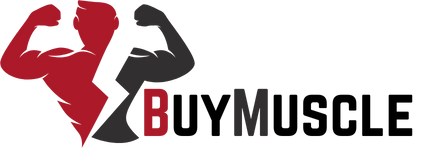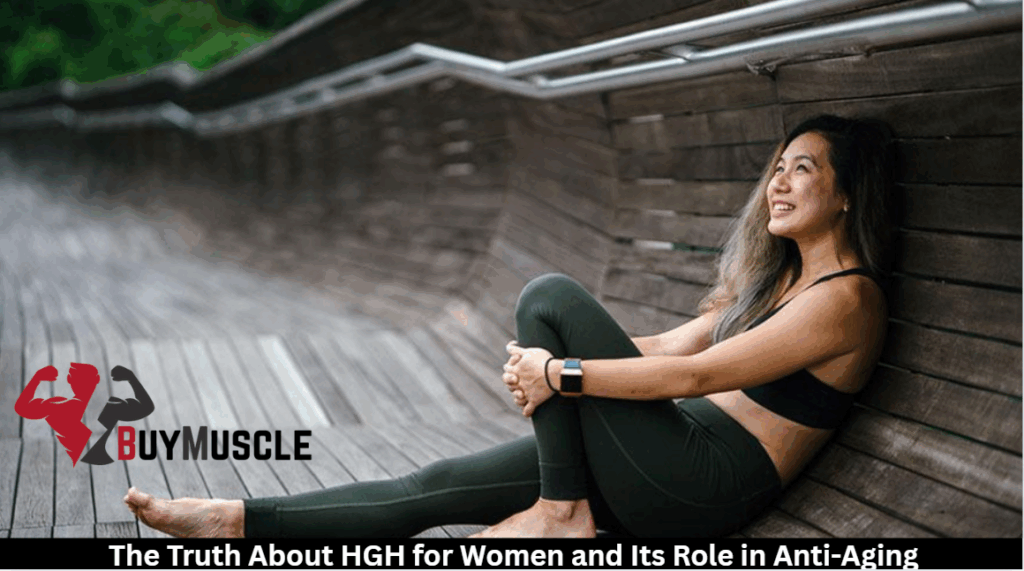How Joe Weider Helped Craft Arnold Schwarzenegger’s Career
Joe Weider transformed Arnold Schwarzenegger’s career after meeting him at the 1968 NABBA Mr. Universe competition. He brought Arnold to America, featured him prominently in fitness magazines, provided financial backing, and positioned him as the ultimate immigrant success story. Weider’s mentorship extended beyond bodybuilding, teaching Arnold business acumen and connecting him with entertainment industry contacts. […]
How Joe Weider Helped Craft Arnold Schwarzenegger’s Career Read More »







